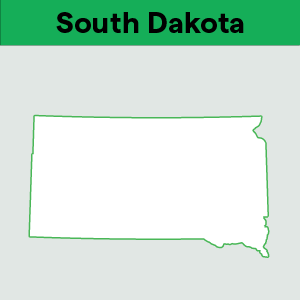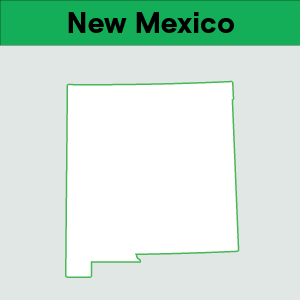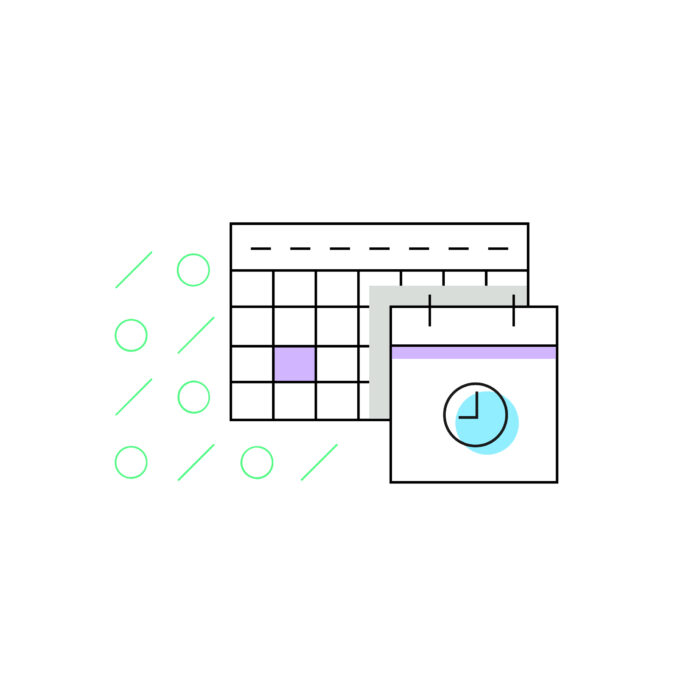State tax amnesty programs: What are they and are they right for you?
by April 20, 2023
Please note: This blog was originally published in 2026. It’s since been updated for accuracy and comprehensiveness. Click here for information about the 2017 Marketplace Sellers Sales Tax Amnesty taking place between August 17-October 17, 2017.
Every time a state announces a tax amnesty program we get questions from TaxJar customers about whether or not these programs are right for their businesses. We asked CPA Ned Lenhart to tell us more about sales tax amnesty programs and to help us determine whether you should take advantage of one.
Massachusetts amnesty program
Amnesty is defined as a governmental act of pardon or a governmental decision not to punish a person or a group of people. That sounds pretty good when it comes to a state tax amnesty. On the surface, state tax amnesty programs do sound pretty good and, for many taxpayers, they can be a huge benefit. The state of Massachusetts currently has a tax amnesty program which started March 16, 2015 and ends May 15, 2015. Interestingly, Massachusetts also had an amnesty program from September through October, 2014. The State of Arizona has one planned for later this year.
So what exactly does the Massachusetts amnesty program and other programs like it provide and should your business take advantage of this? Unlike other tax amnesty programs that are initiated by the taxpayers, the Massachusetts amnesty program is initiated by the state. That is, the state of Massachusetts is sending notices to taxpayers that have filed returns for various types of taxes but have not paid the tax in full. Normally, the underpayment of tax will result in assessments of interest and penalties in addition to the payment of the tax.
Beginning in March, the Massachusetts Department of Revenue began mailing “amnesty notices” to taxpayers showing the balance of tax due and the abatement of penalties related to the underpayment of tax. The taxpayer has until May 15, 2015 to make full payment of the tax and the interest on the notice. The notices cover actual liabilities due as of January 1, 2015.
However, the Massachusetts amnesty program only covers certain tax types. The only taxes covered under this program are corporate excise tax, estate tax, fiduciary income tax, and individual use tax on motor vehicles. Further, taxpayers that have pending litigation with the Department of Revenue or who have posted fraudulent tax returns are not eligible for relief under the amnesty program. In short, if you have not already received a notice from the Massachusetts Department of Revenue, then you are not going to participate in their tax amnesty program.
Other amnesty programs
Amnesty programs are not that common. In 2014, only Massachusetts, New Jersey, and Louisiana had amnesty programs. These programs often generate a lot of buzz and can bring in a lot of revenue. Lawmakers, however, are very cautious about the message that amnesty programs send to taxpayers. The fear is that some taxpayers will take their chances and not file returns in hope of an amnesty program where some relief can be provided for their failure to comply. Legislatures generally want tax compliance to be uniform they don’t want to set a pattern of providing preferential treatment for one group of taxpayers while enforcing the rules against another.
Unlike the Massachusetts program described above, most amnesty programs allow the delinquent taxpayer to approach the specific department of revenue if they believe they meet the program criteria. Most amnesty programs require a payment of 100% of the tax due but offer relief from penalties and/or interest. Rarely will an amnesty program actually provide forgiveness for the taxes due. In some situations, the amnesty programs are only for unregistered businesses.
Several years ago the state of New Jersey had an amnesty program which allowed delinquent taxpayers to voluntarily resolve their issues with the state. The thought was that taxpayers would somehow realize their own tax errors and come forward to pay the tax and interest due. After the amnesty program ended, the state of New Jersey began imposing a 5% “amnesty penalty” in addition to other penalties as a way of punishing businesses that did not come forward to resolve their delinquency during the amnesty period. In many cases, the businesses being penalized didn’t know they had a problem or a delinquency until after the amnesty program expired. This penalty was in place for about two years.
Alternatives to amnesty programs
Thankfully, tax amnesty programs are not the only way for taxpayers to voluntarily resolve state tax matters with one or more states. Nearly every state offers an opportunity for delinquent taxpayers to resolve their liability through what are known as “voluntary disclosure agreements.” These programs vary by state, but they are designed to offer relief from tax and penalties (and sometimes interest) for taxpayers that approach the state upon their own volition.
Voluntary disclosure agreements (“VDA”) allow taxpayers that have not been contacted by a state taxing authority to come forward, pay taxes and interest for a limited time period, and agree to comply with the tax rules going forward. This is mostly done with sales and use tax or corporate income tax. In most cases, the sates with limit the “look back” period to three years and will abate the penalties on the taxes that are paid. Most states also allow for taxpayers to remain anonymous until the agreement has been executed and the tax payment has been made. If the sales tax has been collected from customers and not remitted, there is no limitation as to the “look back” period. Some state limit VDA to only unregistered businesses but most will allow registered and unregistered businesses to participate in the VDA program.
The purpose of the VDA program is to encourage taxpayers that may have a potential liability to “voluntarily” come forward and pay the tax due. If your company has received a notice from a state department of revenue, you won’t be allowed to participate in their VDA program. Once a notice arrives, you can be there won’t be any forgiveness of tax or a limitation of the audit period.
Conclusion
While tax amnesty programs may sound good, they are really quite limited in their scope and are very uncommon in practice. If you suspect your company has any material tax liability due to a state, then the best way to resolve the matter may be through the VDA program offered by the state. Each state has different rules for the VDA and you are best served by using a tax professional who has experience in this area. DO NOT call the state yourself and request participation in their VDA program. The goal of the VDA is to remain anonymous until the VDA contract is signed. Calling the DOR yourself just provides the DOR a roadmap to your door for an audit.
Ready to automate sales tax? Sign up for a free trial of TaxJar today.








